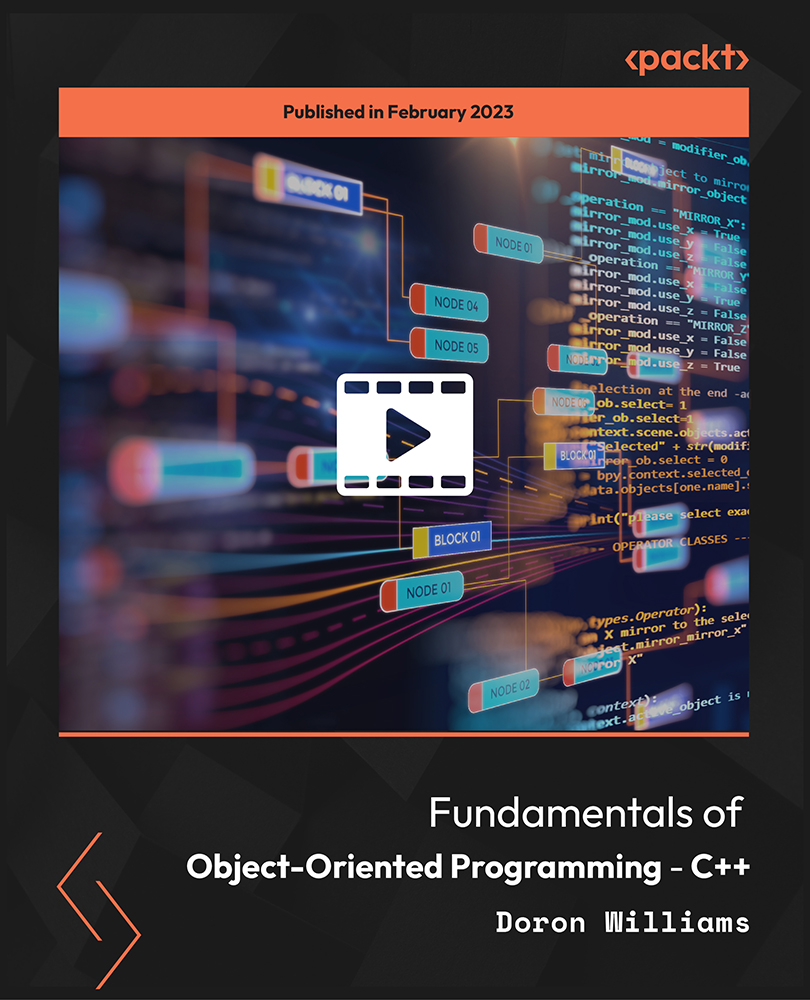Last week, Joe Watkins, a PHP developer, shared that PHP 8 will support the Just-in-Time (JIT) compilation. This decision was the result of voting among the PHP core developers for supporting JIT in PHP 8 and also in PHP 7.4 as an experimental feature.
If you don’t know what JIT is, it is a compiling strategy in which a program is compiled on the fly into a form that’s usually faster, typically the host CPU’s native instruction set. To do this the JIT compiler has access to dynamic runtime information whereas a standard compiler doesn’t.
How PHP programs are compiled?
PHP comes with a virtual machine named the Zend VM. The human-readable scripts are compiled into instructions, which are called opcodes that are understandable to the virtual machine. Opcodes are low-level, and hence faster to translate to machine code as compared to the original PHP code. This stage of execution is called compile time. These opcodes are then executed by the Zend VM in the runtime stage.
JIT is being implemented as an almost independent part of OPcache, an extension to cache the opcodes so that compilation happens only when it is required. In PHP, JIT will treat the instructions generated for the Zend VM as the intermediate representation. It will then generate an architecture dependent machine code so that the host of your code is no longer the Zend VM, but the CPU directly.
Why JIT is introduced in PHP?
PHP hits the brick wall
Many improvements have been done to PHP since its 7.0 version including optimizations for HashTable, specializations in the Zend VM for certain opcodes, specializations in the compiler for certain sequences, and many more. After so many improvements, now PHP has reached the extent of its ability to be improved any further.
Unlock access to the largest independent learning library in Tech for FREE!
Get unlimited access to 7500+ expert-authored eBooks and video courses covering every tech area you can think of.
Renews at €18.99/month. Cancel anytime
PHP for non-Web scenarios
Adding support for JIT in PHP will allow its use in scenarios for which it is not even considered today, i.e., in other non-web, CPU-intensive scenarios, where the performance benefits will be very substantial.
Faster innovation and more secure implementations
With JIT support, the team will be able to develop built-in functions in PHP instead of C without any huge performance penalty. This will make PHP less susceptible to memory management, overflows, and other similar issues associated with C-based development.
We can expect the release of PHP 7.4 later this year, which will debut JIT in PHP. Though there is no official announcement about the release schedule of PHP 8, many are speculating its release in late 2021.
Read Joe Watkins’ announcement on his blog.
PEAR’s (PHP Extension and Application Repository) web server disabled due to a security breach
Symfony leaves PHP-FIG, the framework interoperability group
Google App Engine standard environment (beta) now includes PHP 7.2
 United States
United States
 Great Britain
Great Britain
 India
India
 Germany
Germany
 France
France
 Canada
Canada
 Russia
Russia
 Spain
Spain
 Brazil
Brazil
 Australia
Australia
 Singapore
Singapore
 Canary Islands
Canary Islands
 Hungary
Hungary
 Ukraine
Ukraine
 Luxembourg
Luxembourg
 Estonia
Estonia
 Lithuania
Lithuania
 South Korea
South Korea
 Turkey
Turkey
 Switzerland
Switzerland
 Colombia
Colombia
 Taiwan
Taiwan
 Chile
Chile
 Norway
Norway
 Ecuador
Ecuador
 Indonesia
Indonesia
 New Zealand
New Zealand
 Cyprus
Cyprus
 Denmark
Denmark
 Finland
Finland
 Poland
Poland
 Malta
Malta
 Czechia
Czechia
 Austria
Austria
 Sweden
Sweden
 Italy
Italy
 Egypt
Egypt
 Belgium
Belgium
 Portugal
Portugal
 Slovenia
Slovenia
 Ireland
Ireland
 Romania
Romania
 Greece
Greece
 Argentina
Argentina
 Netherlands
Netherlands
 Bulgaria
Bulgaria
 Latvia
Latvia
 South Africa
South Africa
 Malaysia
Malaysia
 Japan
Japan
 Slovakia
Slovakia
 Philippines
Philippines
 Mexico
Mexico
 Thailand
Thailand














